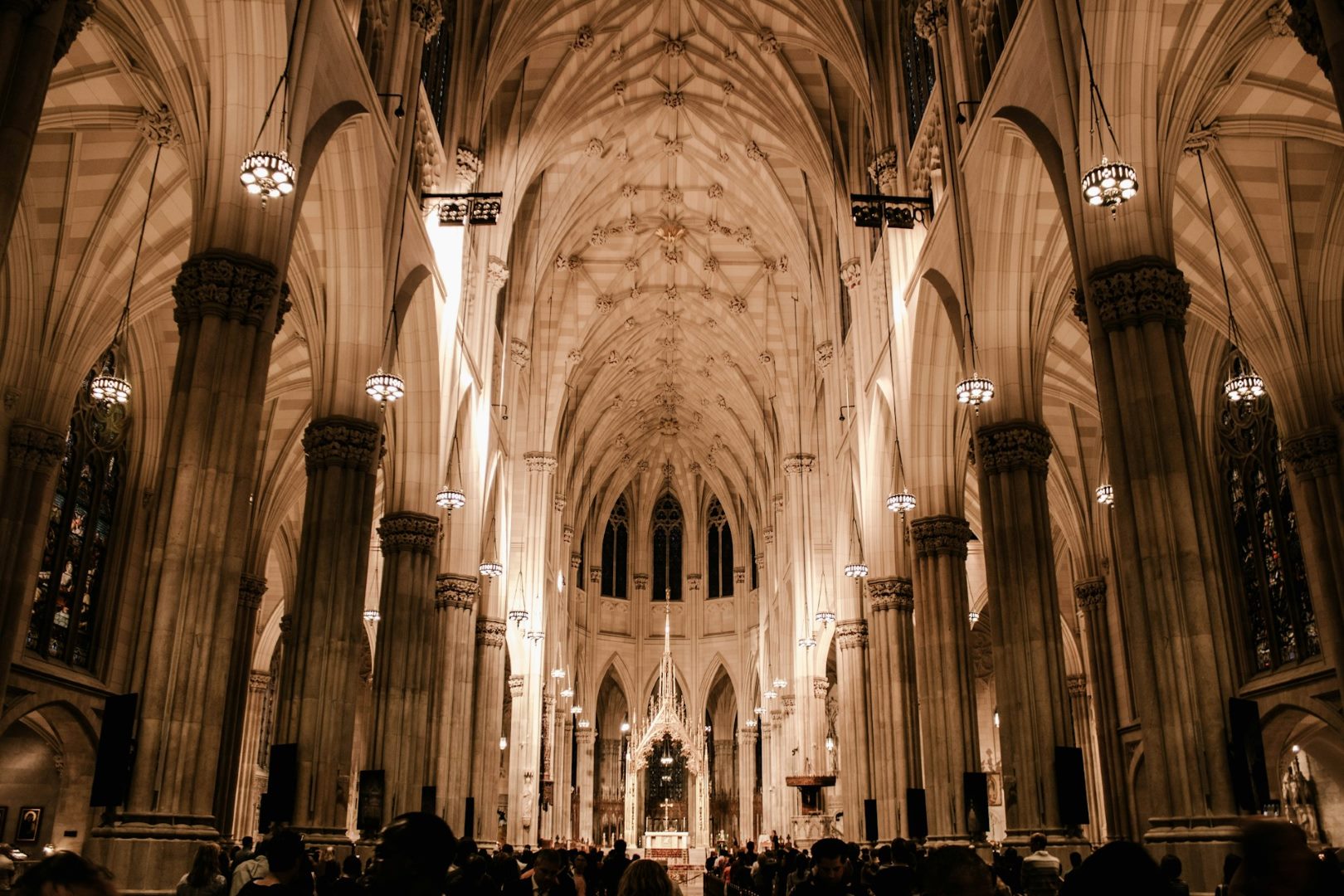Introduction: Understanding the Christian Church
Christianity, one of the world’s most widespread religions, revolves around the teachings and life of Jesus Christ. At the core of Christian faith lies the church, a spiritual community where believers gather for worship, fellowship, and growth.
History and Evolution of the Christian Church
The Christian church traces its origins to the early disciples of Jesus Christ. After his resurrection, they established small communities where they shared their faith and practiced their beliefs. Over time, these communities grew and spread throughout the Roman Empire and beyond.
Key Historical Events
- Apostles’ missionary journeys
- Council of Nicaea (325 AD)
- Great Schism (1054 AD)
- Protestant Reformation (16th century)
Doctrine and Beliefs of the Christian Church
The Christian church is united by a common set of beliefs known as the Nicene Creed. These core tenets include:
Trinity
- God the Father
- God the Son (Jesus Christ)
- God the Holy Spirit
Incarnation and Redemption
Jesus Christ, the Son of God, became human to redeem humanity from sin.
Resurrection and Ascension
Jesus Christ rose from the dead and ascended into heaven, proving his victory over death.
Sacraments
Two primary sacraments practiced by most Christian denominations are:
- Baptism
- Holy Communion
Types of Christian Churches
Over the centuries, various branches of Christianity have emerged, each with its own unique traditions and practices.
Major Denominations
| Denomination | Key Beliefs |
|---|---|
| Roman Catholic | Papal authority, sacraments, Mary |
| Eastern Orthodox | Icons, liturgy, apostolic succession |
| Protestant (e.g., Lutheran, Anglican, Baptist) | Sola Scriptura, justification by faith |
| Evangelical | Emphasis on personal conversion, Bible authority |
Factors Influencing Denominational Differences
- Interpretation of Scripture
- Church leadership
- Cultural and historical influences
Structure and Governance of the Christian Church
The structure and governance of Christian churches can vary depending on the denomination.
Hierarchical Model
A central authority (e.g., pope, bishop) oversees a hierarchy of churches.
Congregational Model
Local congregations are largely autonomous and make decisions independently.
Leadership Roles
Common leadership roles in Christian churches include:
- Pastors (preachers, elders)
- Deacons (administrative support)
- Lay leaders (volunteers)
Role of the Church in Society
The Christian church has played a significant role in shaping society and providing support to communities.
Social Services
- Healthcare clinics
- Education programs
- Counseling and support services
Advocacy and Justice
- Promoting peace and understanding
- Fighting poverty and inequality
- Protecting the environment
Contemporary Challenges and Future of the Christian Church
Like any institution, the Christian church faces challenges in the modern world.
Secularization and Decline in Attendance
Declining church attendance and the rise of secularism present challenges for growth.
Denominational Division and Ecumenism
Denominational differences can hinder unity and cooperation among Christian churches.
Adapting to a Changing World
The church needs to find ways to adapt its message and practices to reach new generations and address contemporary issues.
Conclusion: The Significance of the Christian Church
The Christian church remains a vital part of the spiritual, social, and cultural landscape of the world. Through its teachings, worship, and community, it provides a sense of purpose, support, and hope to millions of believers.
As the church navigates the challenges of the 21st century, it must continue to be a beacon of faith, a source of inspiration, and a force for good in the world.



